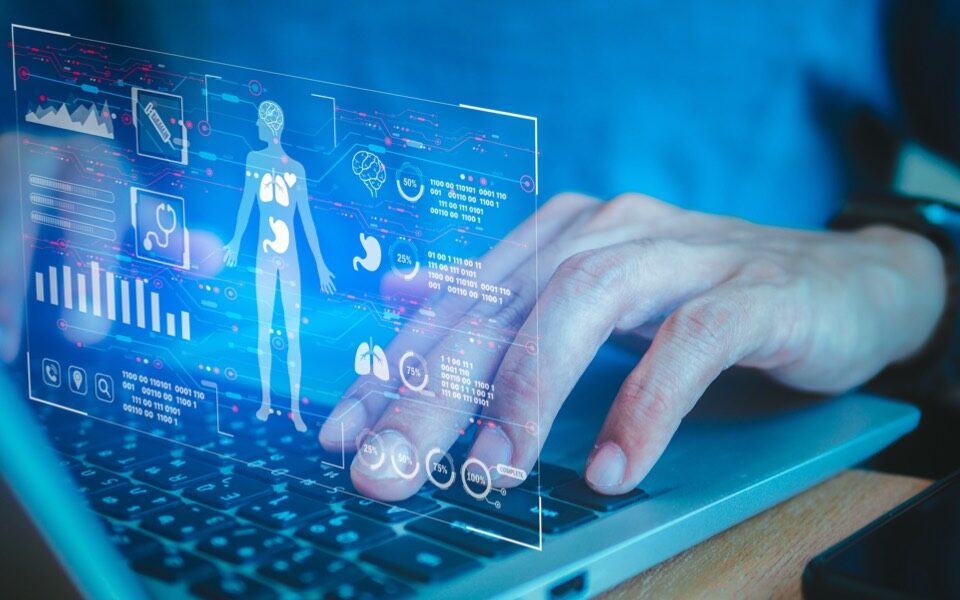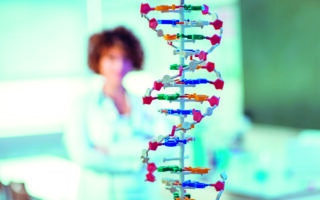Advancing precision medicine with Greek software

The next time you savor a delectable dish, take a photo, not to share on social media but to input in an application that immediately gives you with details about the meal’s caloric and nutritional composition.
This scenario is not hypothetical; rather, it illustrates one of the myriad uses unlocked by an innovative cloud platform called Precious.
Developed by the Department of Materials Science and Engineering at the University of Ioannina, under the supervision of Professor of Biomedical Engineering Dr Dimitris Fotiadis, Precious offers a realm of fascinating prospects.
Among others, it equips hospitals and scientists with software for storing and analyzing medical data.
“Two-and-a-half years ago, we secured funding through Greece’s Multiannual Financial Framework program, enabling us to acquire a supercomputer last November that allows simulations and the development of artificial intelligence systems,” Fotiadis, who oversees a laboratory of 70 researchers, tells Kathimerini.
This supercomputer boasts 86,000 parallel processors – note that a standard laptop might have four cores, while this system wields 86,000.
“Simultaneously, we developed a suite of software tools that facilitate diverse applications, including data storage, processing, optimization and sharing of extensive medical information such as imaging outcomes, lab tests, and consultations,” elaborates Fotiadis.
In essence, this new platform delivers indispensable tools to advance “precision medicine,” an ambitious medical endeavor aimed at tailoring treatments for individual patients.
“Based on genetic profiles and clinical findings, we can diagnose a condition, prognosticate disease progressions and prescribe customized therapies,” the professor says. “Prediction models will also be created.”
Precious possesses multifaceted capabilities. It can simulate medical procedures through digital twinning, discern sleep stages in individuals, pinpoint cancerous regions in mammography and more. This nascent infrastructure thus emerges as a steadfast companion for researchers in diverse medical and biotechnological disciplines, accelerating and refining their studies.
Can patients, via Precious, receive diagnoses from various physicians through data sharing?
“This could be accomplished using much simpler systems that are already at our disposal,” explains the professor. “Precious presents more intricate applications than a mere digital medical record.”
The objective now involves forging cooperation agreements between the University of Ioannina and medical establishments nationwide. Naturally, the use of sensitive personal data will hinge on consent from all stakeholders, in adherence to the General Data Protection Regulation (GDPR).
“When the integration of medical data from participating agencies becomes a reality, it will significantly amplify the statistical power of scientific studies, as we will have more epidemiological data. This is particularly important for diseases where research hasn’t progressed adequately yet, despite their impact on a growing portion of the population – including various types of cancer, cardiovascular diseases, autoimmune conditions, and more,” Fotiadis says.
“Precious aims to bridge the gap in modern medical infrastructure, harnessing cutting-edge machine learning technology to interconnect and analyze an extensive volume of data sourced from diverse medical and clinical centers,” he says.
“This effort stands to benefit not only scientific advancement but also the wellbeing of patients themselves.”





